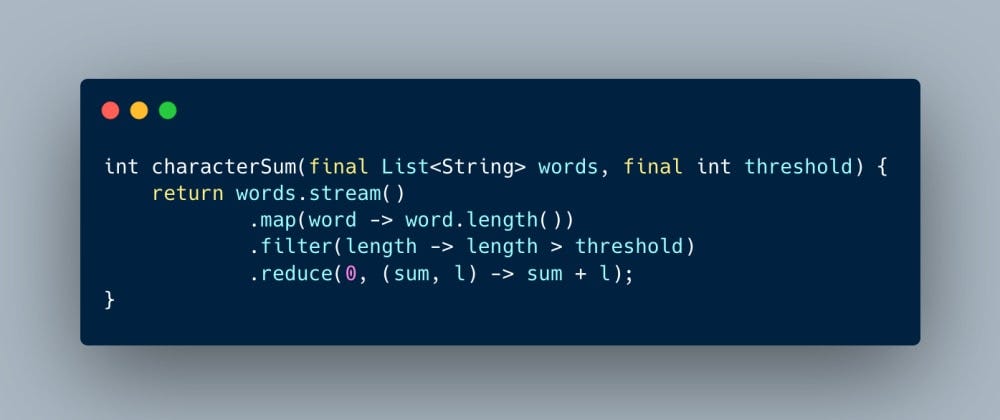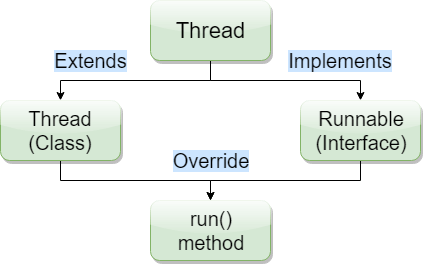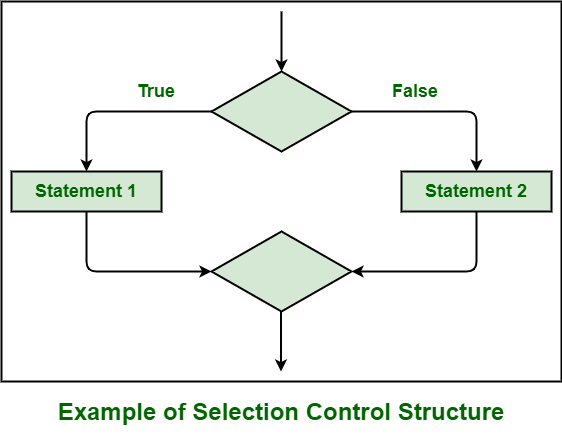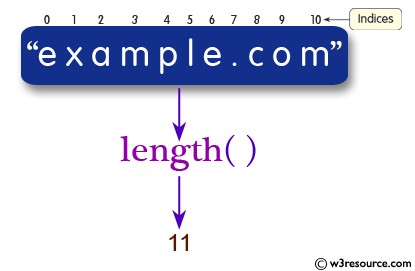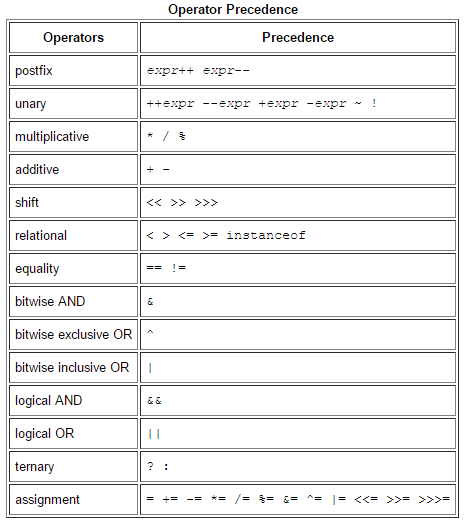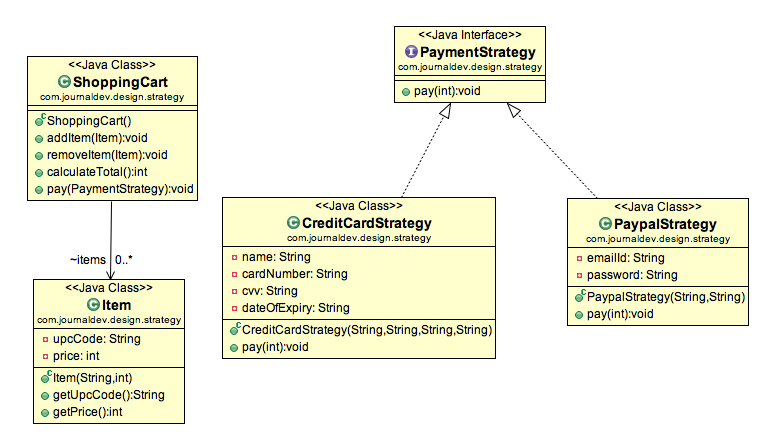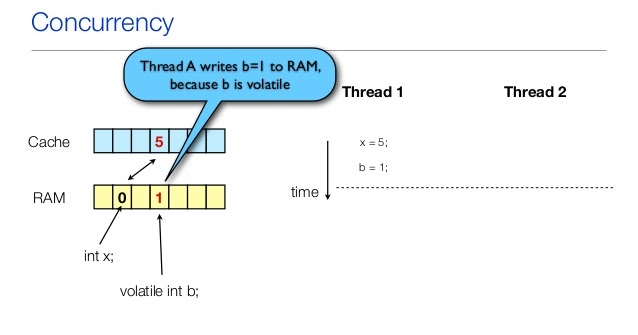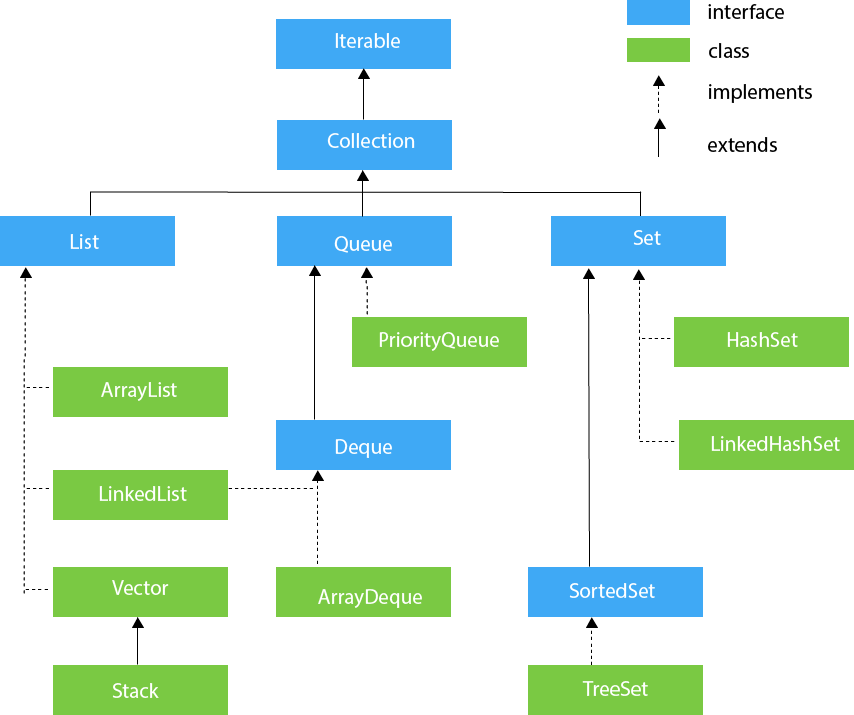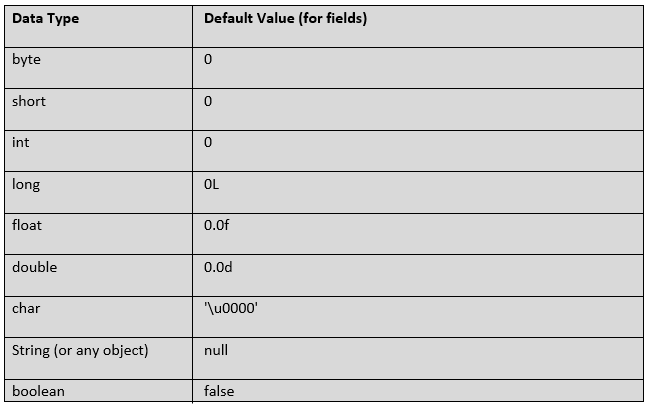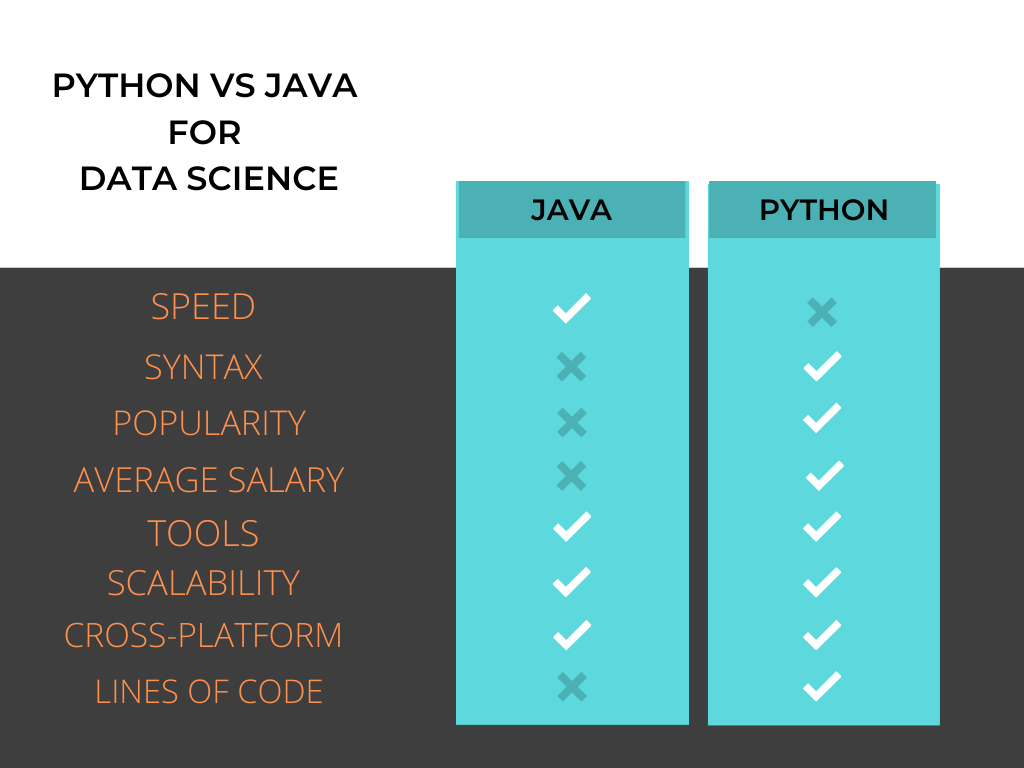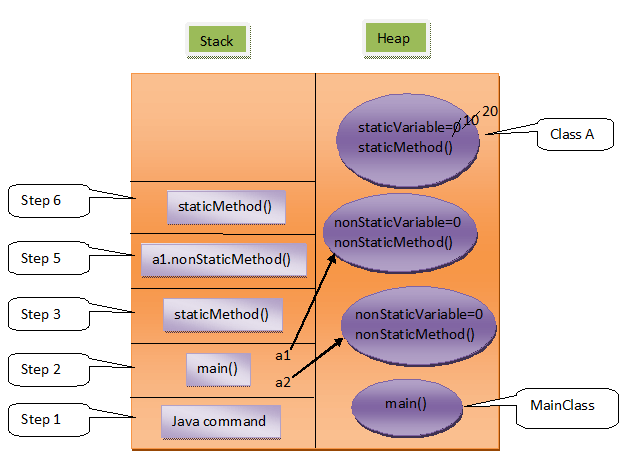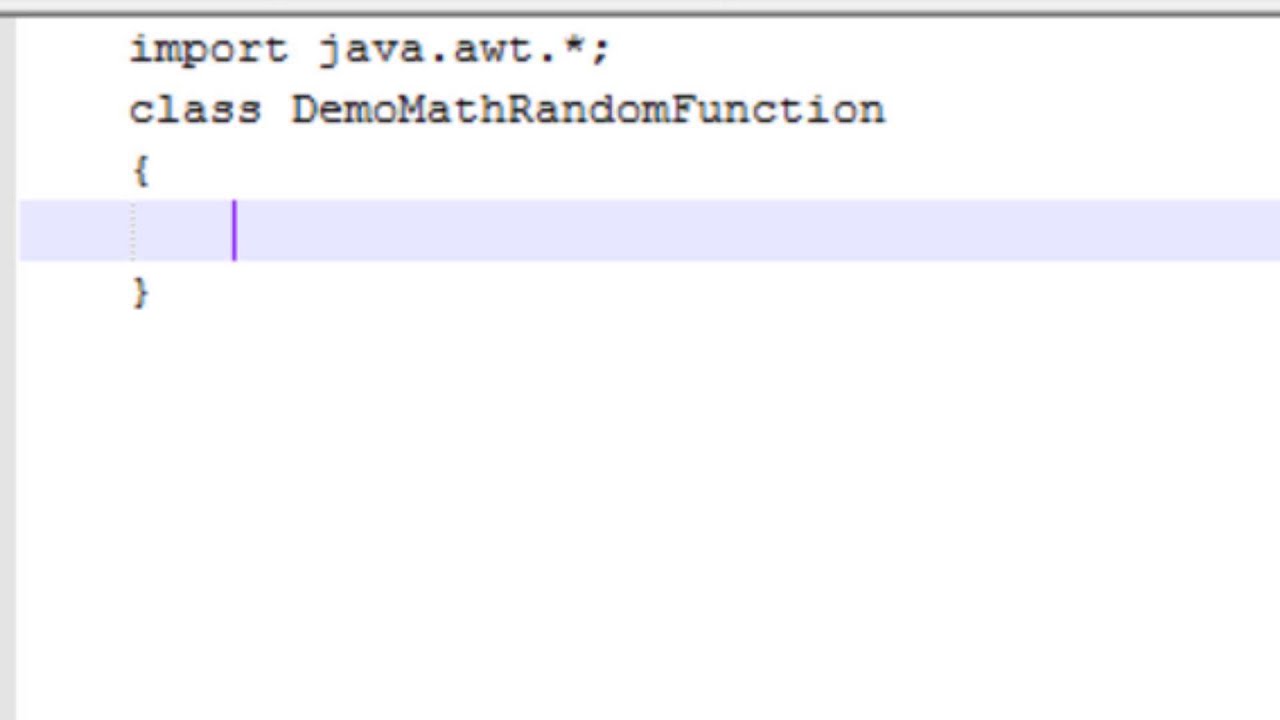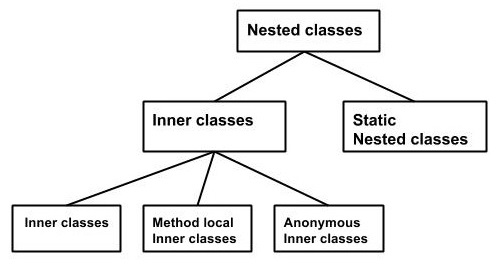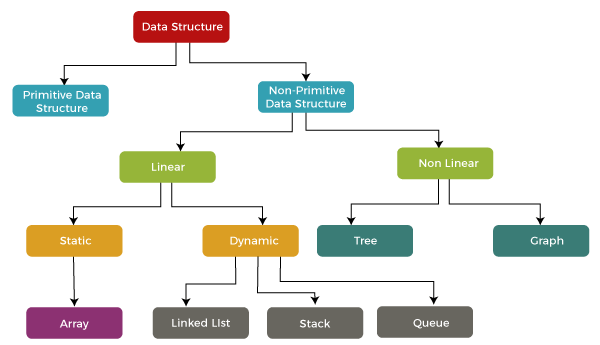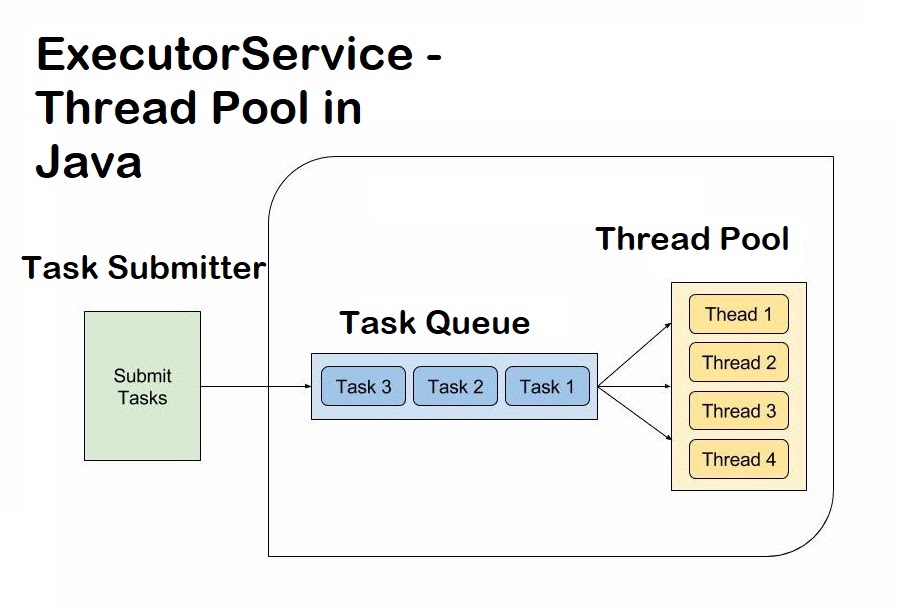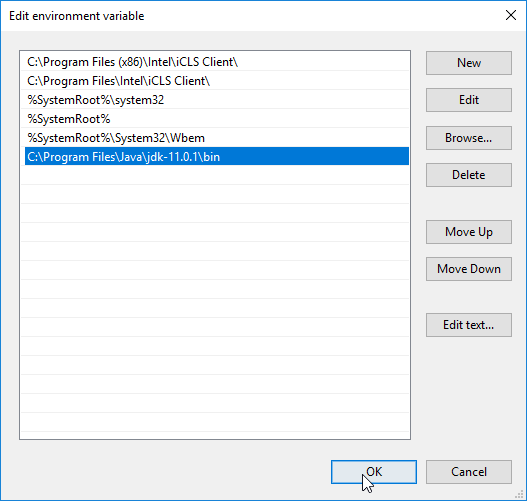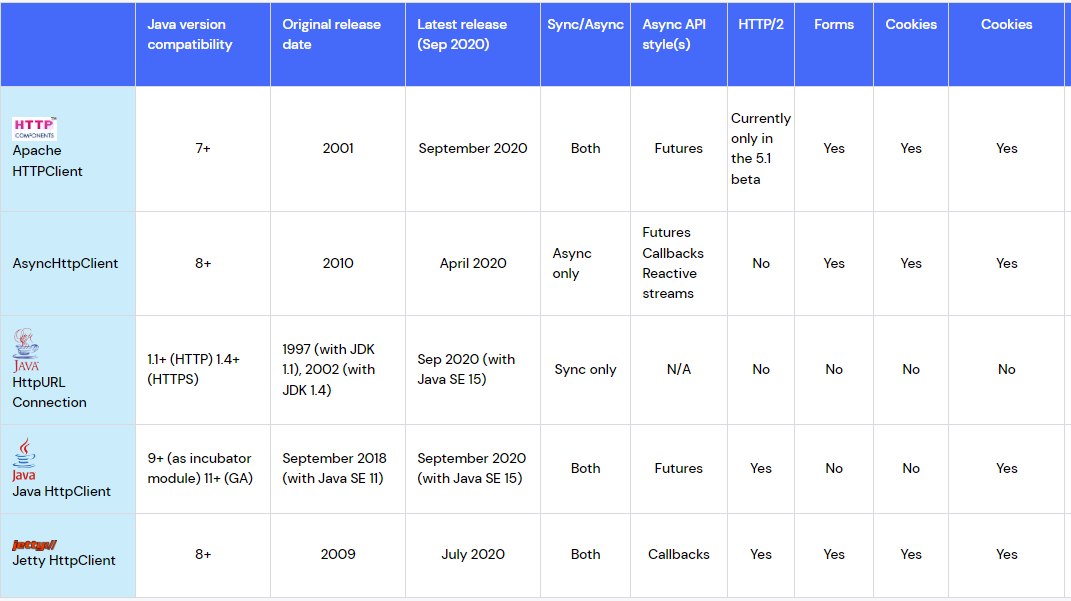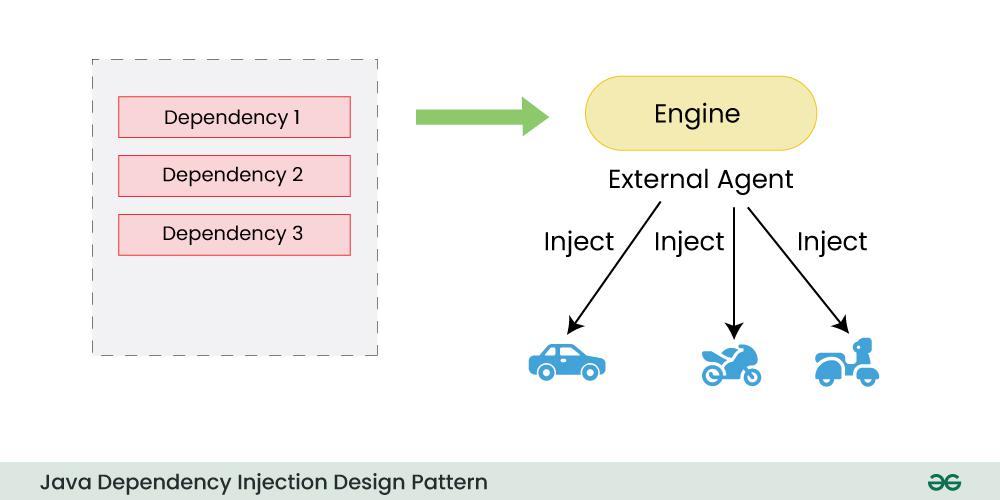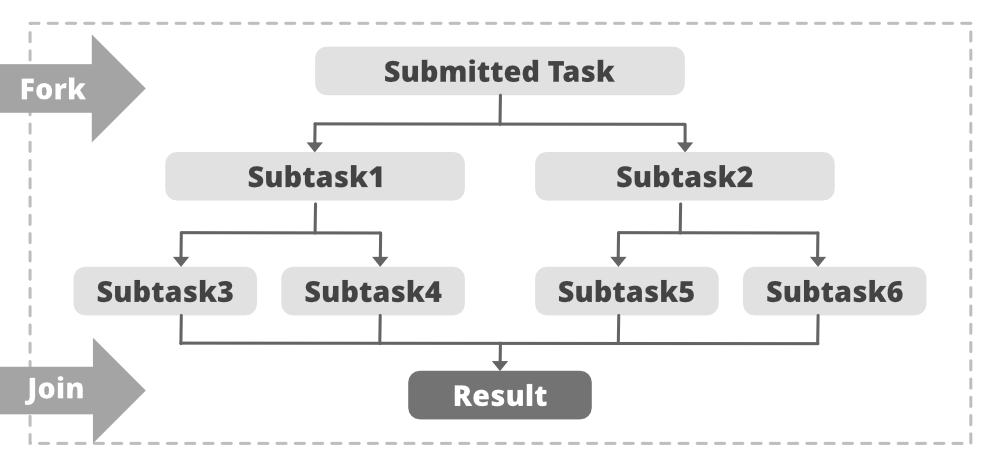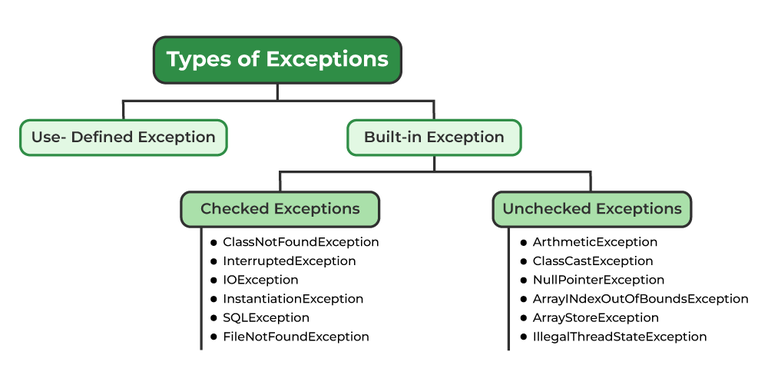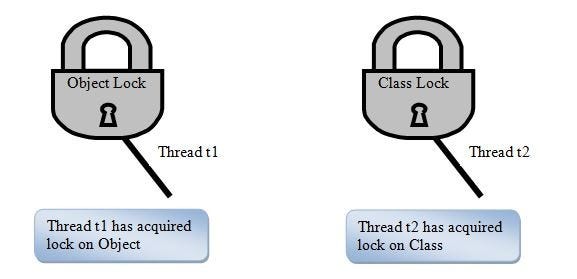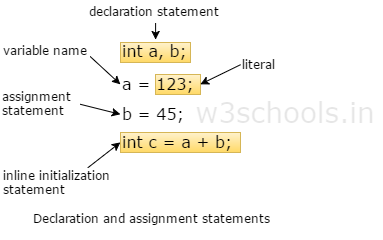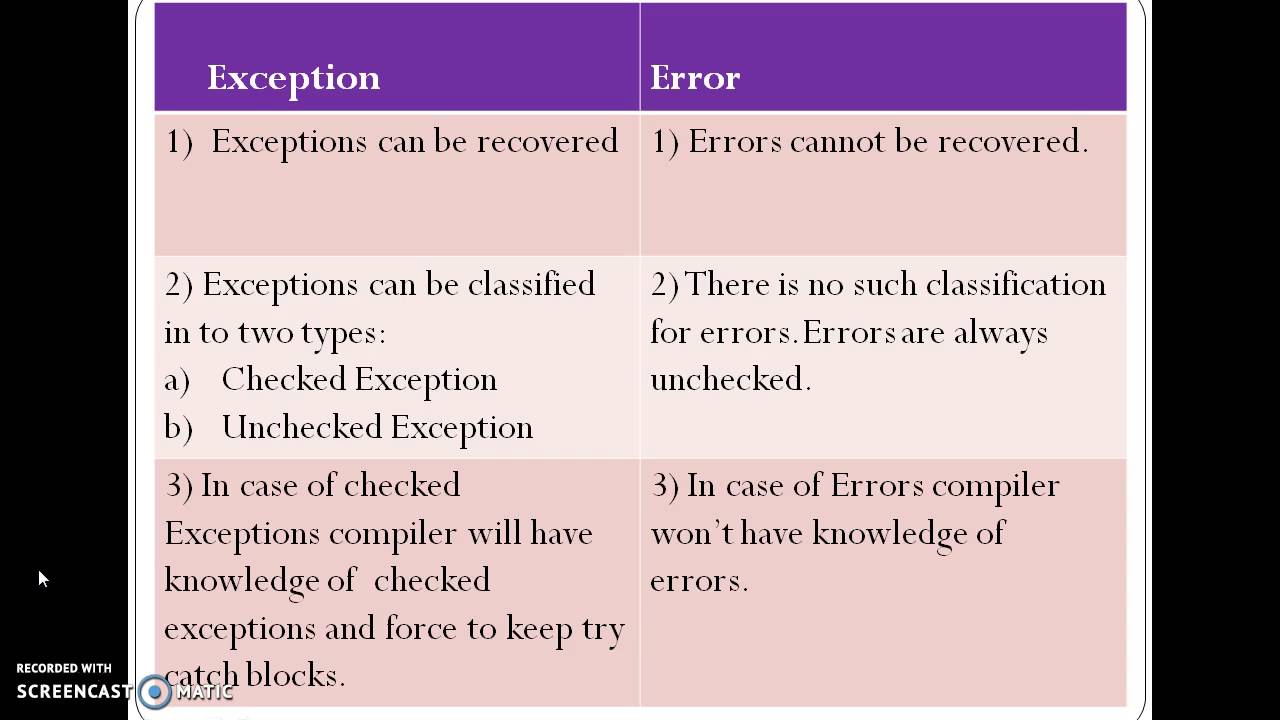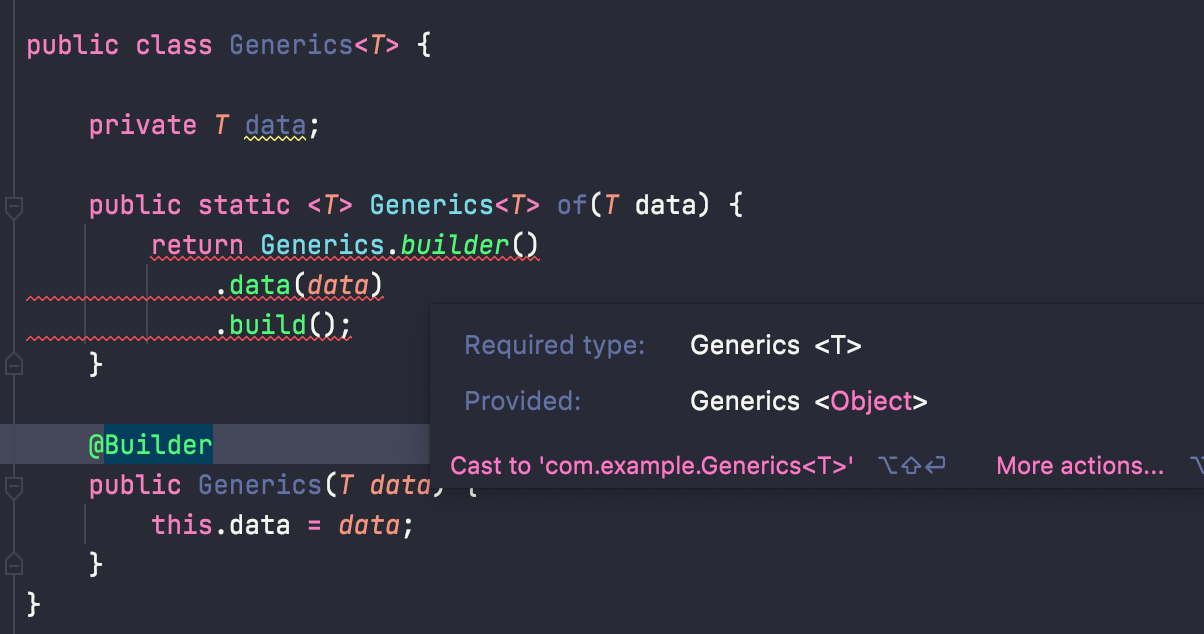What is static vs non static variables in Java?
What is static vs non static variables in Java?
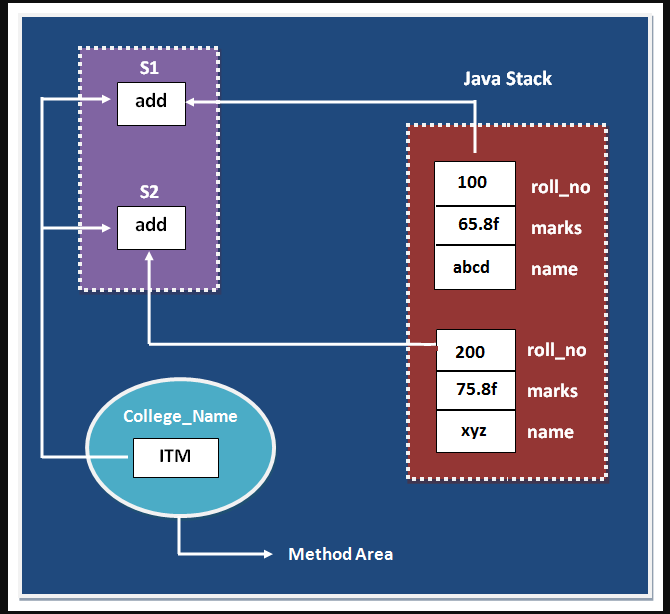
I'd be happy to explain the difference between static and non-static variables in Java!
In Java, variables can be classified into two categories: static and non-static. This classification is crucial because it affects how these variables are used, accessed, and shared among objects.
Non-Static Variables (Instance Variables)
Non-static variables, also known as instance variables, are created for each object that is instantiated from a class. These variables exist only within the scope of an individual object, and their values can differ between objects. Each time an object is created, a new copy of these variables is initialized with default or user-defined values.
Here are some key characteristics of non-static variables:
Each object has its own copy: Multiple objects created from the same class will have separate instances of these variables. Values can differ between objects: The value of a non-static variable can vary depending on the object that owns it. Accessed through an object reference: Non-static variables are accessed using an instance of the class, such asmyObject.myVariable.
Static Variables
Static variables, also known as class variables, exist only once in memory for the entire class, and their values are shared by all objects created from that class. These variables are essentially global variables associated with a specific class.
Here are some key characteristics of static variables:
Shared among all objects: All objects created from the same class will share the same instance of this variable. Values are the same for all objects: The value of a static variable is the same across all objects, as they are stored in a single location in memory. Accessed without an object reference: Static variables can be accessed directly using the class name, such asMyClass.myStaticVariable.
When to Use Each
Now that we've covered the basics of static and non-static variables, let's discuss when to use each:
Use non-static variables (instance variables) when: You need a unique value for each object. The variable represents some aspect of an individual object's state. You want to encapsulate data specific to a particular instance. Use static variables (class variables) when: You need to share the same value among all objects created from the class. The variable represents some constant or configuration that is shared across all instances. You want to maintain a single, global value that can be accessed without referencing an object.In conclusion, understanding the difference between static and non-static variables in Java is crucial for effective programming. By choosing the right type of variable for your needs, you can create more robust, maintainable, and efficient code.
Would you like me to elaborate on any specific aspect or provide examples to illustrate these concepts?
What is static vs non static variables in Java?

I'd be happy to explain the difference between static and non-static (also known as instance) variables in Java!
In Java, a variable can be either static or non-static, depending on its scope and relationship with the class.
Non-Static (Instance) Variables:

A non-static variable is also known as an instance variable. It belongs to each individual object created from a class, meaning that every instance of the class has its own copy of this variable. Each instance's values are separate and distinct from those of other instances. When you create multiple objects from a class, each one will have its own set of non-static variables.
Here are some key characteristics of non-static variables:
Each object has its own copy: Every instance of the class has its own version of the variable. Separate values for each object: Each instance's value is independent from others. Initial value is 0 or null: By default, non-static variables are initialized with a value of 0 (for primitive types) or null (for reference types).Static Variables:
A static variable is shared by all instances of the same class. There is only one copy of this variable in memory, and it is created when the class is loaded into memory. Static variables belong to the class itself, rather than individual objects.
Here are some key characteristics of static variables:
Shared by all instances: The same static variable is used across all objects. Single instance in memory: There is only one copy of the variable, not separate copies for each object. Initial value is specified: You can specify an initial value when declaring a static variable.When you use static variables, keep in mind:
Thread safety: Static variables are shared by all threads, so if your program has multiple threads accessing the same static variable, you need to ensure thread safety using synchronization mechanisms likesynchronized blocks or locks. Class-level modification: When one object modifies a static variable, it affects all other objects of the same class.
In summary:
Non-static (instance) variables belong to individual objects and have separate values for each instance. Static variables are shared by all instances of the same class and are initialized only once when the class is loaded.To illustrate this concept, consider a simple example:
public class Car {
int speed; // non-static variable
public static int numCarsCreated = 0; // static variable
public Car() {
speed = 0;
Car.numCarsCreated++;
}
}
In this Car class, speed is a non-static (instance) variable that each individual car has its own copy of. On the other hand, numCarsCreated is a static variable shared by all instances of the Car class.
I hope this explanation helps clarify the difference between static and non-static variables in Java!
